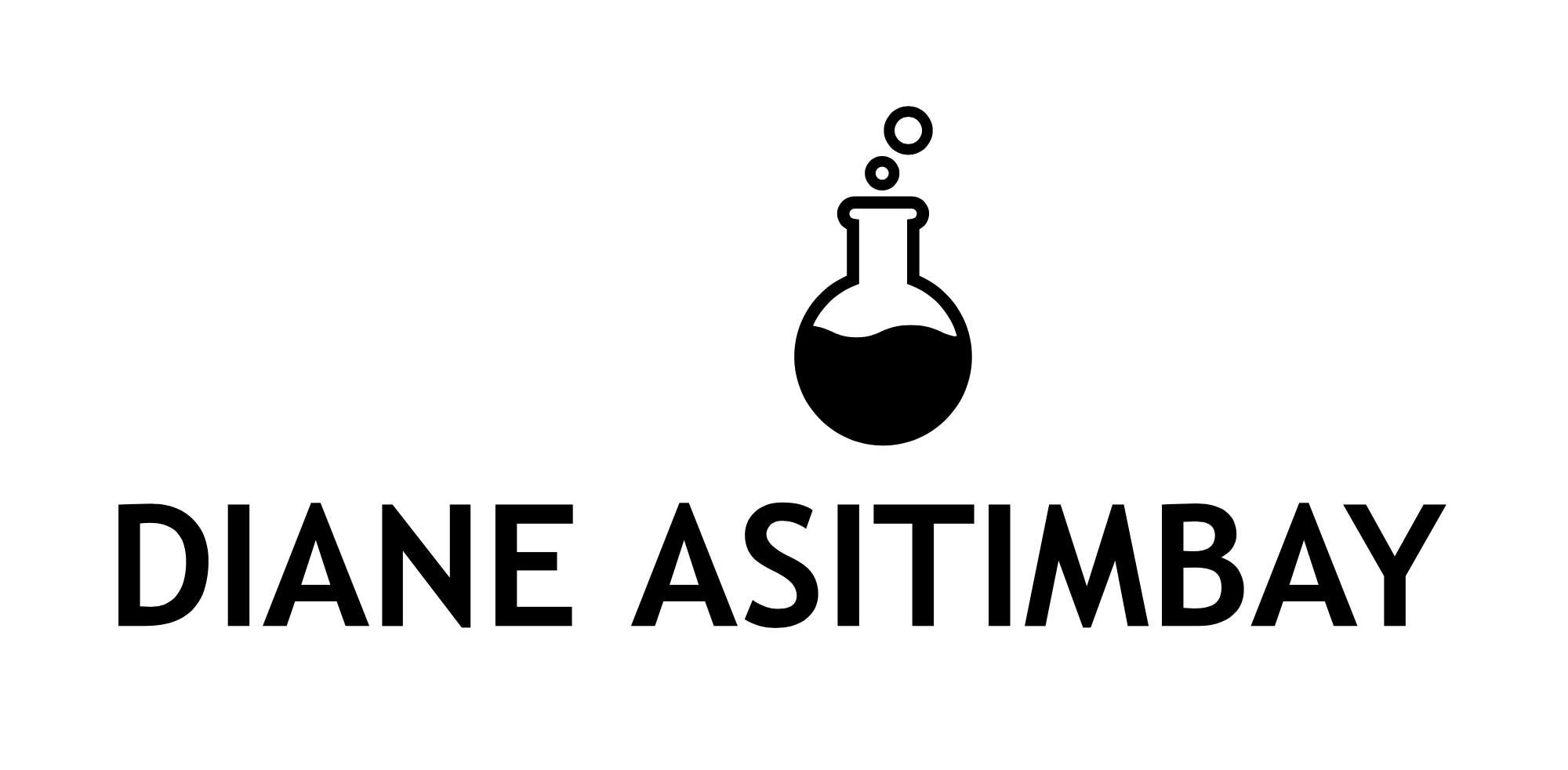What? The messenger gods
You make a vaccine soaked in scientist sweat. At warp speed. A vaccine that has been empirically tested on 43,000 trial participants for Pfizer BioNTech and 30,000 for Moderna with 37% of trial volunteers from racial and ethnic minorities.
What's not to like?
Scientists stand and stare, baffled at the 32 percent who said they don't want to get the Covid-19 vaccine. (December Marist poll by NPR/PBS).
The messengers are the problem.
For many in the Black and Latino communities, being a government official, a scientist, a doctor or nurse, won't automatically give you instant authority. You can't just shout: "Get the vaccine because we know best!" or "Trust science!" That won't do it.
Town hall meetings discussing the efficacy rates and safety of the vaccine won't either. Seeing government or health leaders get the vaccine on nationalized television won't either.
Why not?
Simple. You have addressed the validity of the science of the vaccine, but haven't addressed people's fear. The fear that they might get sick from the vaccine or worse, even get the virus from it.
What will it take to convince these groups to get vaccinated?
Changing the messengers.
We need to invest in a comprehensive national vaccine campaign to reach out to these vaccine-resistant groups with someone who looks like them, belongs to their community, understands them and will talk to them about their fears.
We badly need community leaders in cities throughout the U.S. to help engage the Black and Latino communities.
Community leaders such as Black pastors and Spanish-speaking health promoters have massively aided scientists in recruiting racial and ethnic minorities for the Moderna and Pfizer BioNTech clinical trials. We need more of their help in getting people on board with the vaccine.
Community leaders aren't the only ones that can convince the "not-me" and "wait-and-see groups.
Celebrities serving as vaccine ambassadors will change people's minds faster than any government official can.
We already know what celebrities can do.
Back in 1956, teenagers were reluctant to get the polio vaccine because they believed the virus was only for kids and babies. But when Elvis Presley got the polio vaccine live on television, his teenage fans followed in droves.
Lady Diana was instrumental in changing people's minds about the AIDS virus. In the early 1990s, many people mistakenly believed AIDS was spread through mere touch. When the Princess of Wales shook hands with AIDS patients in a London hospital, she broke the stigma, and soon afterwards, people began to shake hands and hug AIDS patients.
Michelle Obama, with her Let's Move! campaign, got overweight children to lose weight.
Angelina Jolie, with her voice as a UN Goodwill Ambassador, secures assistance for refugee families.
People fearful of the vaccine will trust the role model/celebrity who belongs to their community, who acknowledges their fears, and who pledges to get vaccinated and urges them to do the same.
Why not a celebrity like Oprah, Beyonce, Lebron James or even Michelle Obama for the Black community? For the Latinos, how about Gloria Estefan, Salma Hayek, America Ferrara, Jennifer Lopez? And for the many of the white moms who don't want their kids vaccinated, we could ask Angelina Jolie or Dolly Parton. Dolly Parton has even been active in financing the Moderna vaccine.
We need to change the message, too.
This is 2021. Media is fragmented. Let's invest in a comprehensive communication strategy with three high-profile celebrities for the three vaccine-hesitant groups, Blacks, Latinos and the white moms who are also against vaccinating their kids not only for Covid-19 but for diseases like the measles and the mumps.
Let's use all the media tools we can, investing in ads, TV commercials and social media.
Following advice from people they admire is much more effective than medical or government officials throwing more numbers at them.
Who doesn't want to be able to hug their parents again?
The vaccine is the only way out of the mask-wearing and mask-weary world.
